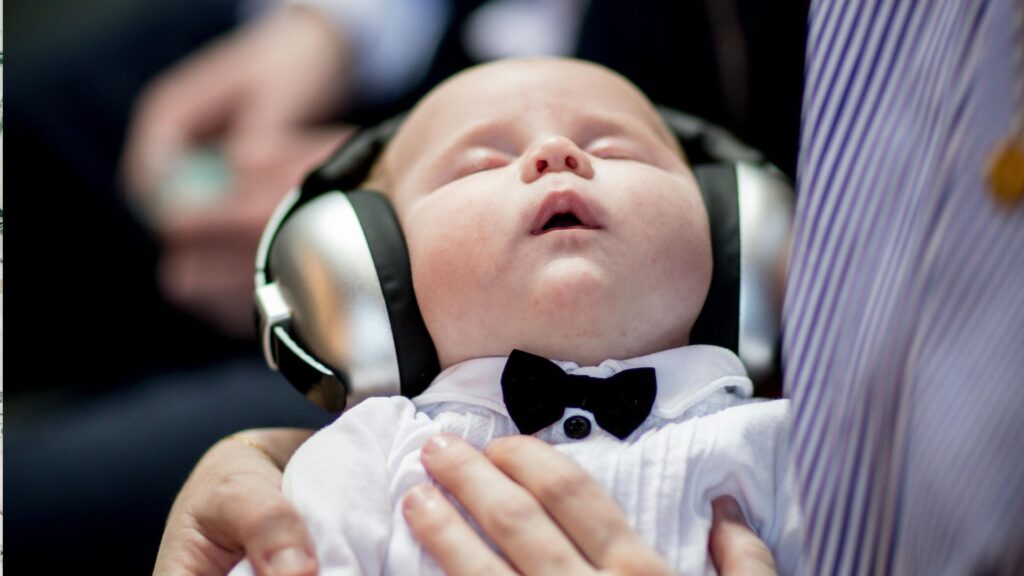
Mastering Baby Sleep Routines: Your Compassionate Guide to More Restful Nights
The quest for a full night’s sleep can feel like a distant dream in the newborn phase—but take heart. While baby sleep routines aren’t one-size-fits-all, science and seasoned parents agree: small, consistent steps can help your little one (and you!) rest better. Whether you’re teaching a baby sleep routine at 9 weeks or adjusting to baby sleep routine changes at 10 months, this guide offers fact-checked strategies tailored to every stage. At Hey Baby Mama, we’re here to cut through the noise with empathy and zero judgment. You’re not failing—you’re learning. Let’s reclaim your nights.
Why Newborn Sleep Feels Like a Rollercoaster
First, normalize the chaos. Newborn sleep patterns are erratic by design. For the first 3 months, babies sleep 14–17 hours daily, but in 2–4 hour chunks. Their circadian rhythms aren’t yet developed, leading to day/night confusion. This is especially true for a baby sleep routine at 3 months, where gradual structure begins to emerge. Frequent feedings and growth spurts compound exhaustion, but remember: this phase is temporary.
Building a Foundation: How to Make a Baby Sleep Routine
Teaching a baby sleep routine starts with consistency and observation. For younger infants, like a baby sleep routine at 9 weeks, focus on gentle cues:
Predictable sequences: A warm bath, soft lullaby, and dim lights signal bedtime.
Flexible timing: Follow sleepy cues (rubbing eyes, fussing) rather than rigid clocks.
By 10 months, a baby sleep routine schedule might include structured naps, bedtime stories, and longer nighttime stretches. Adaptability is key—baby sleep routine changes are normal as teething, milestones, or travel (like baby sleep routine after holiday) disrupt patterns.
When to Seek Help
While most sleep challenges are normal, consult your pediatrician if your baby:
Stops breathing for 5+ seconds (apnea).
Snores loudly or gasps (signs of sleep apnea).
Struggles to settle despite a consistent baby sleep routine schedule.
Adapting as Your Baby Grows
Baby sleep routine changes are inevitable. Growth spurts, illness, or new skills like crawling can disrupt sleep. Stay flexible: adjust nap times, offer extra comfort, and revisit routines every few weeks. For parents navigating how to make a baby sleep routine post-disruption, remember: progress over perfection.
Whether you’re crafting a baby sleep routine at 3 months or resetting after travel, trust your instincts. Each phase is fleeting, and with time, restful nights will return. For more tailored tips, explore Hey Baby Mama’s stage-by-stage sleep guides. You’ve got this, even on the toughest nights.







